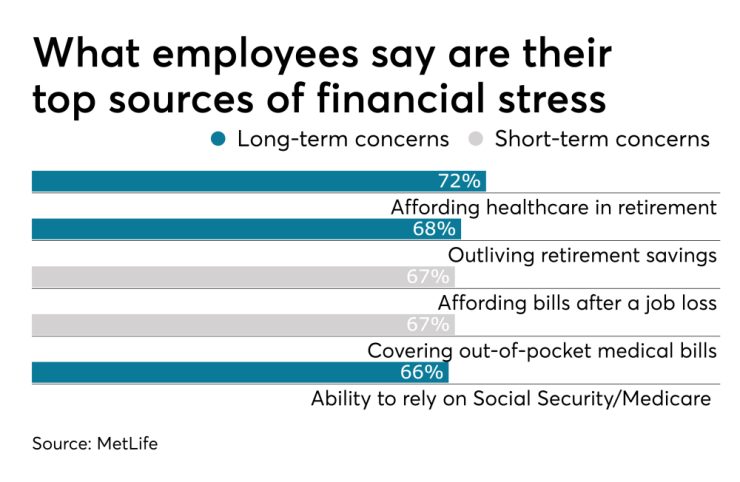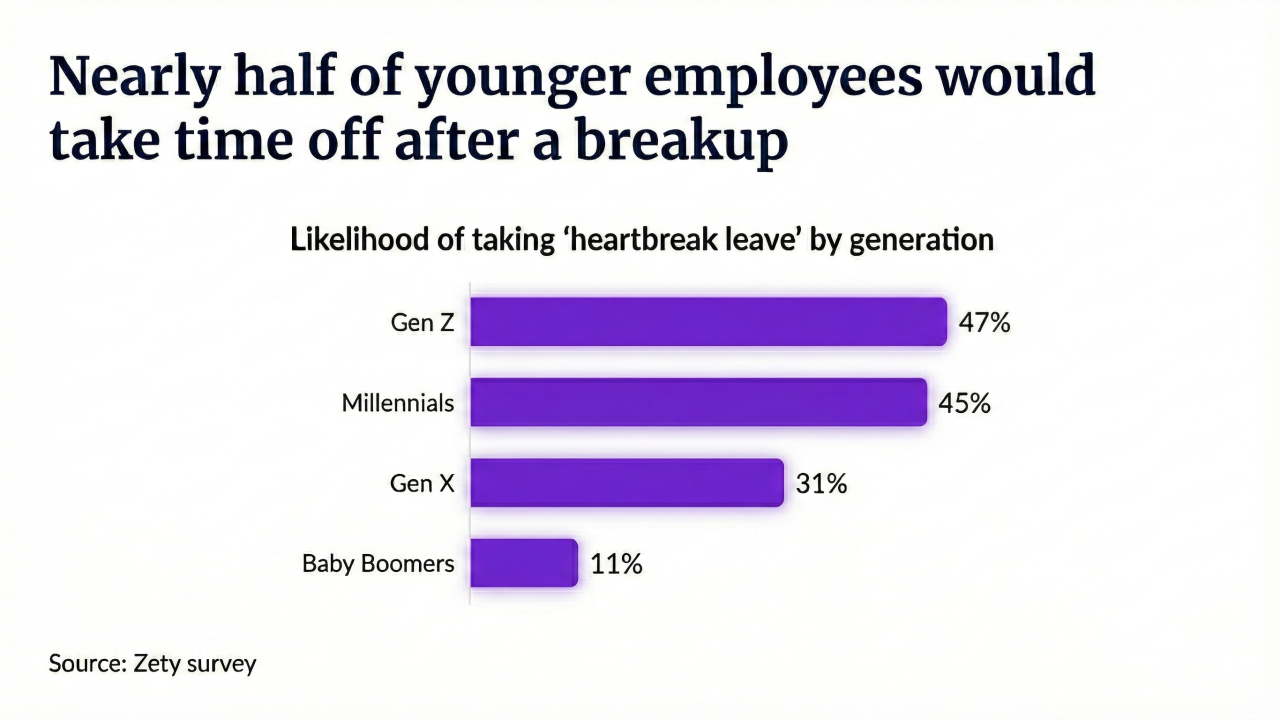After landing their first job straight out of college, retirement is probably the last thing on the minds of Generation Z workers — whose most immediate concerns are student loans and cost of living expenses. Despite these obstacles, employers are in a great position to help ensure the financial stability of their youngest workers, a retirement expert says.
“I don’t think it’s ever too early to start thinking about retirement — the earlier you start, the better off you’ll be,” says Ashvin Prakash, director of product innovation at Ubiquity Retirement. “It should be top of mind, especially with what’s going on with social security and the rarity of pensions.”
Around 12% of Generation Z is saving for retirement, according to a study by the Center for Generational Kinetics, a Texas-based research company. Considering the first wave of this generation started entering the workforce last year, this figure suggests Gen Z is mindful of the importance of saving for retirement — but they could be doing better, Prakash says.
Prakash spoke with Employee Benefit News about retirement strategies catered to Gen Z.
EBN: How would you characterize Gen Z in terms of saving habits?
Prakash: They’re very motivated. Compared to millennials, they’re more educated and aware and willing to engage with financial products.
I feel like, as a millennial myself, a lot of us came into the workplace and things like personal finance, medical benefits and life insurance were thrown at us — things the education system hadn’t prepped us for. Maybe growing up during the Great Recession made Gen Z aware of the need to save, but in the last ten years, there have been new disruptors in the market that help bring that education directly to you. Financial wellness apps are really driving their awareness of the need to save.
EBN: Gen Z are the youngest members of the workforce. Why should employers care if they start saving for retirement now?
Prakash: Many older workers, like baby boomers, are having trouble retiring because they haven’t saved enough. The sooner you start, the better off you’ll be. If you start saving at a young age and stop at 40, you’re better off than someone starting during the last 20 years before retirement age.
EBN: What can employers do to help Gen Z start saving for retirement?
Prakash: There’s four main things they can do:
First, embrace auto enrollment. We know Gen Z is fast paced, always connected to devices and adept multitaskers, but it can be difficult to get their attention. Incorporate that and auto escalation into their retirement plan and they’re on track without having to go in and make a proactive choice or selection. Our studies find that making auto enrollment optional boosts employee participation 40%.
Second, make online financial wellness tools available. With Gen Z working for the first time, they’re having to make decisions they haven’t before. I think employers are realizing they have a big role to play here. If they help young workers understand what they’re facing and create a long-term plan for success, they’re going to create loyal employees. One thing I’ve seen work is gamifying financial wellness. We’ll run contests at work where whoever takes the most financial wellness courses gets a prize.
The third thing is embracing digital components of benefits. Historically 401(k)s needed paper documents, but to engage Gen Z you need to offer benefits online. A lot of them make important decisions outside of working hours. Make your benefits easily accessible on personal devices like iPads and iPhones so they can make decisions at a time it’s convenient for them.
Lastly, employers can do a lot to invest in Gen Z’s financial health. As they come on board, you can encourage them to participate in your retirement benefits by matching 401(k) plan contributions.






